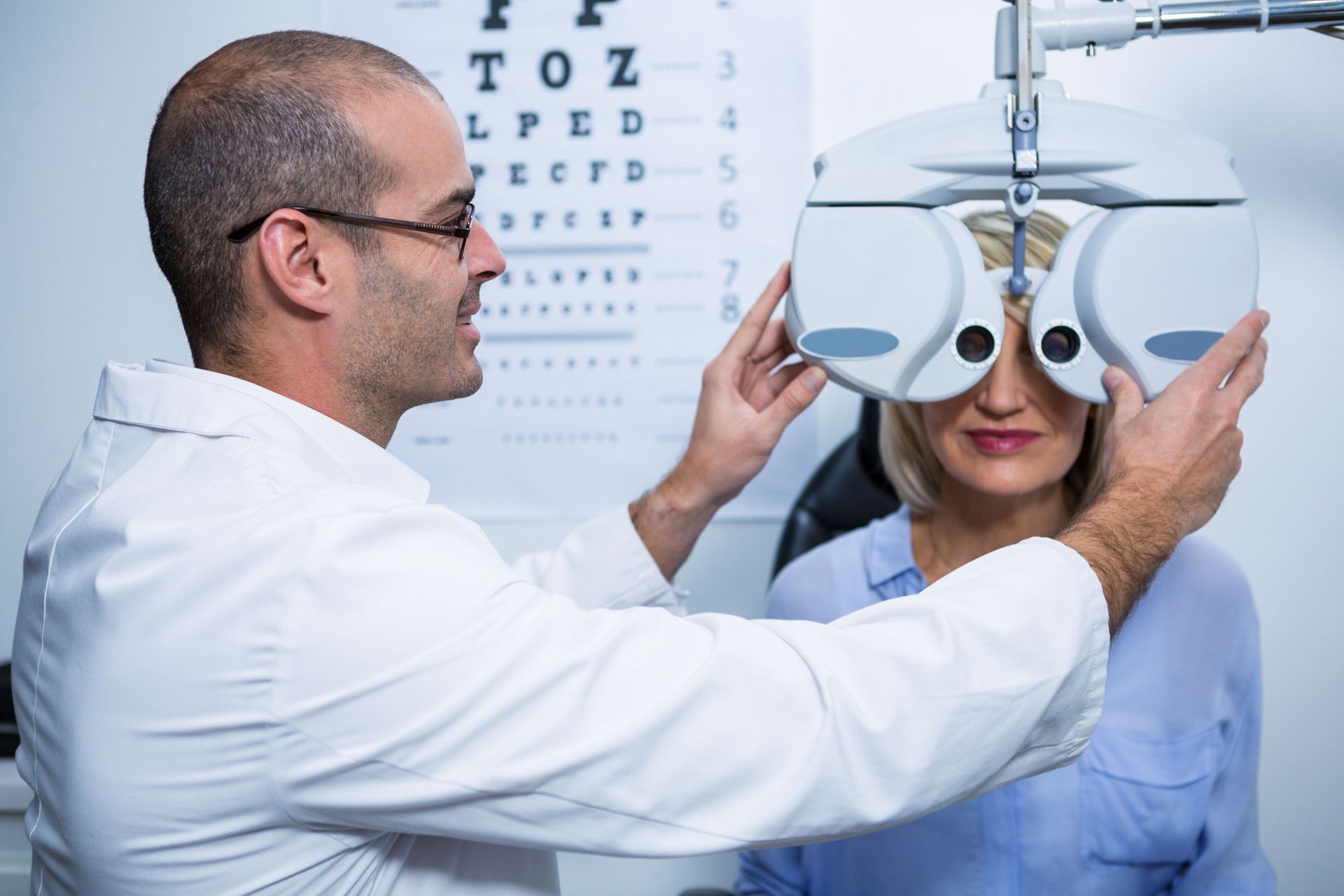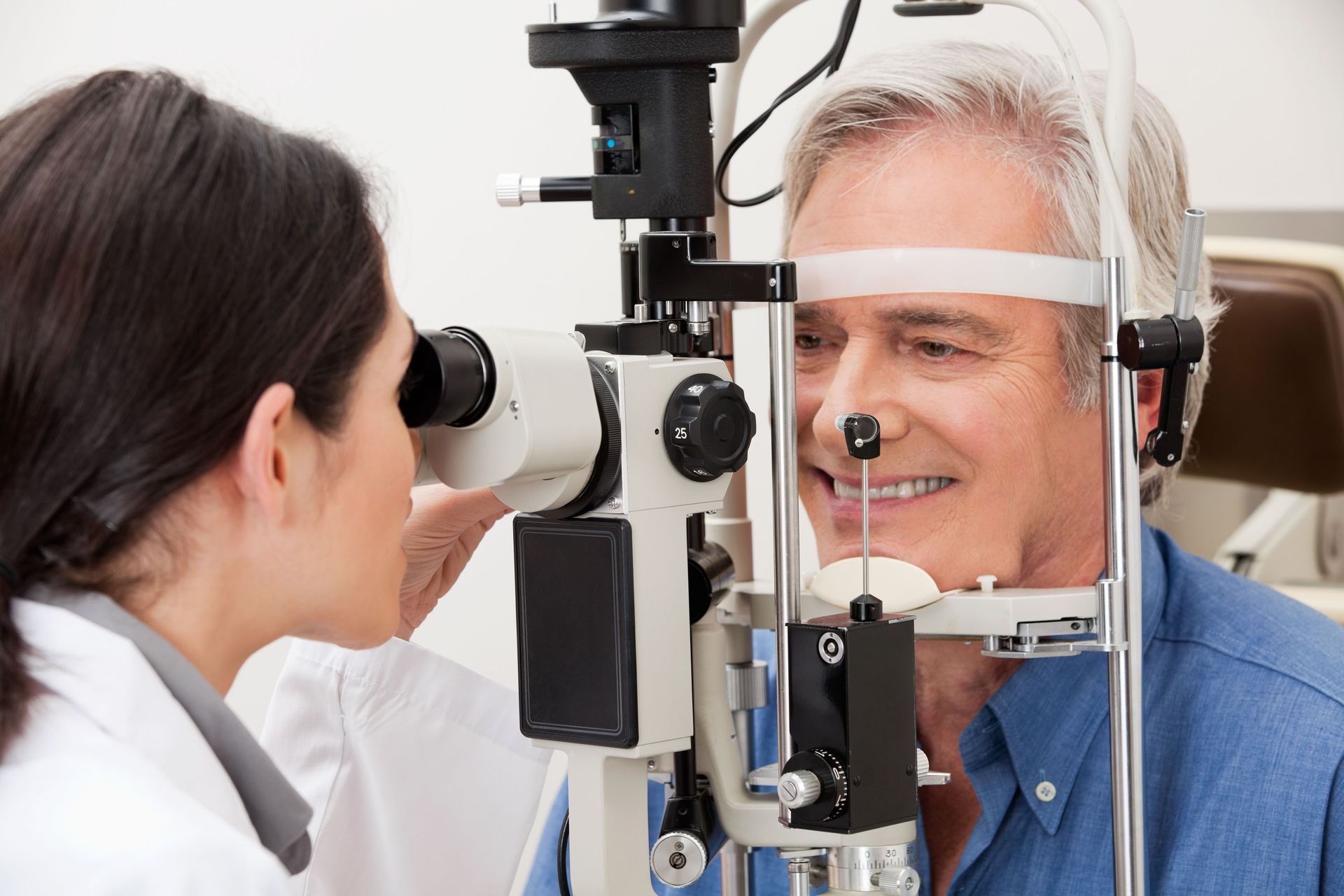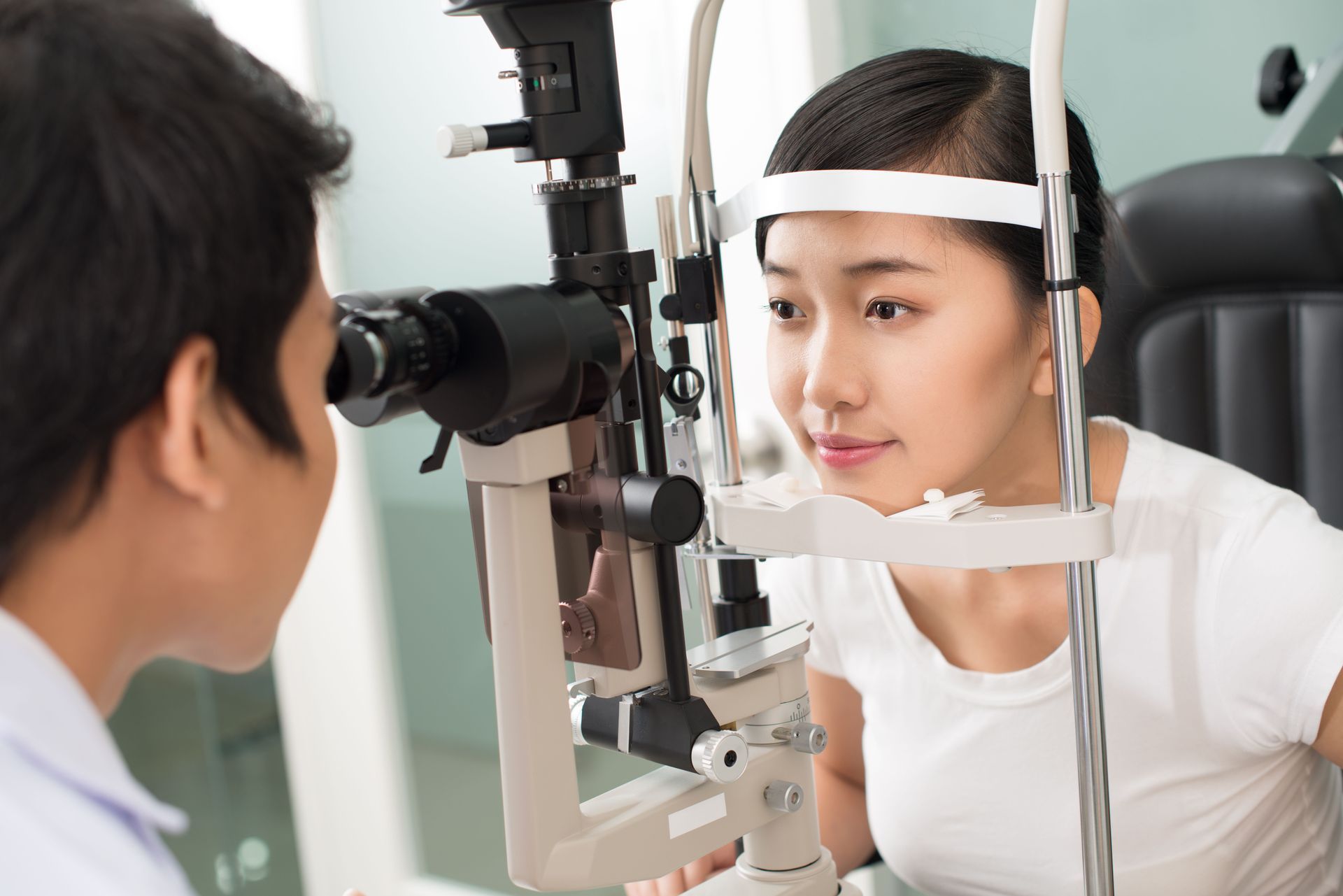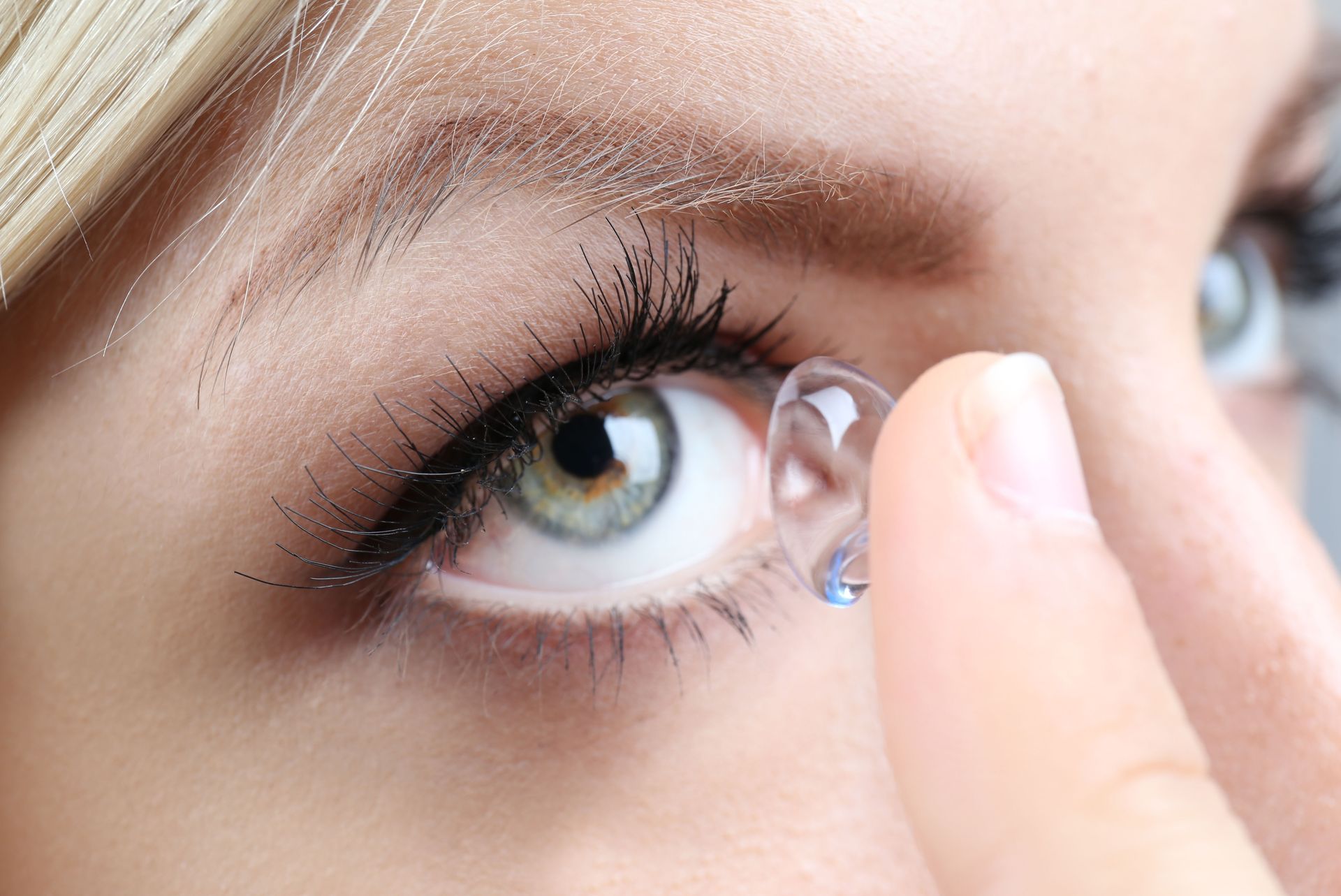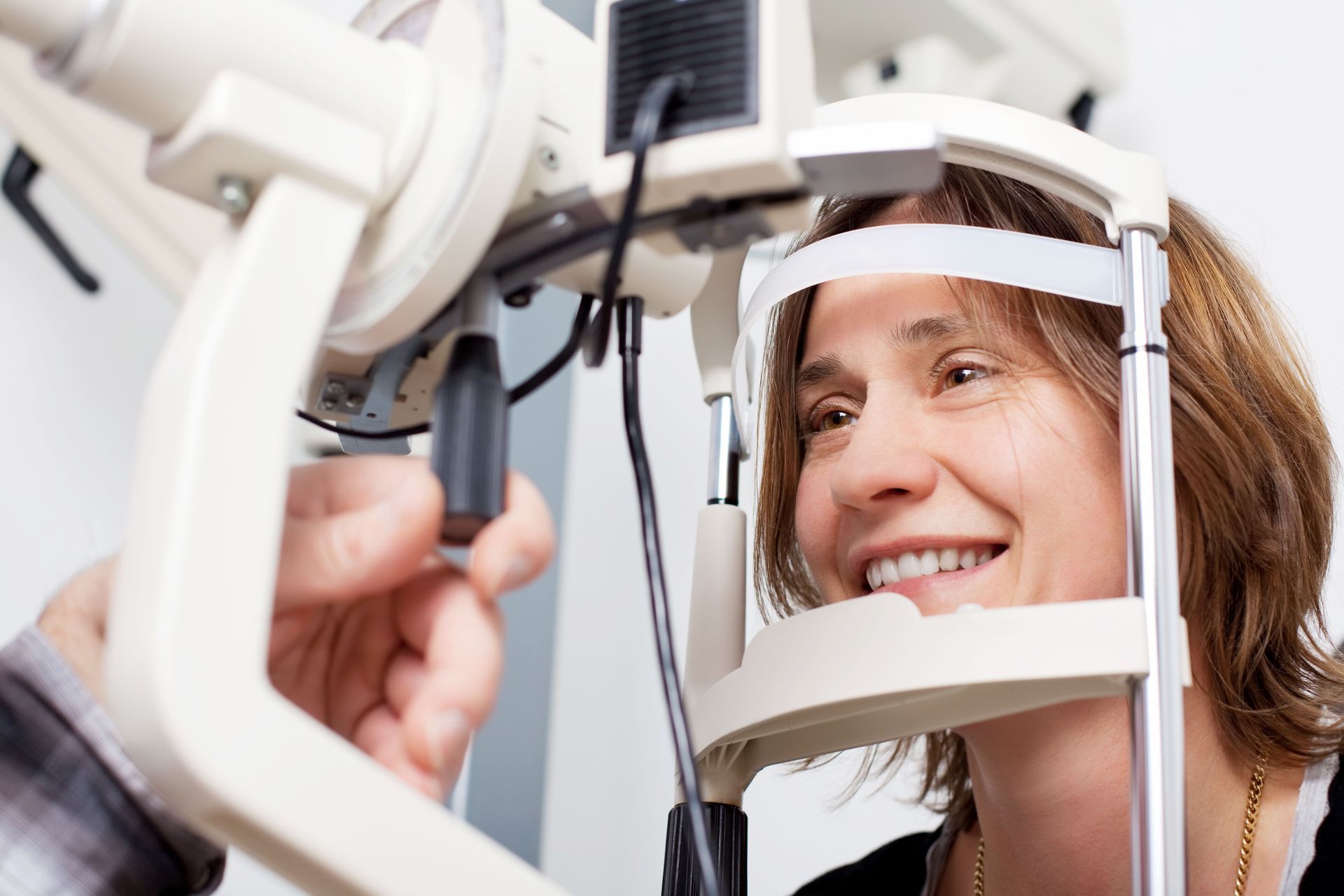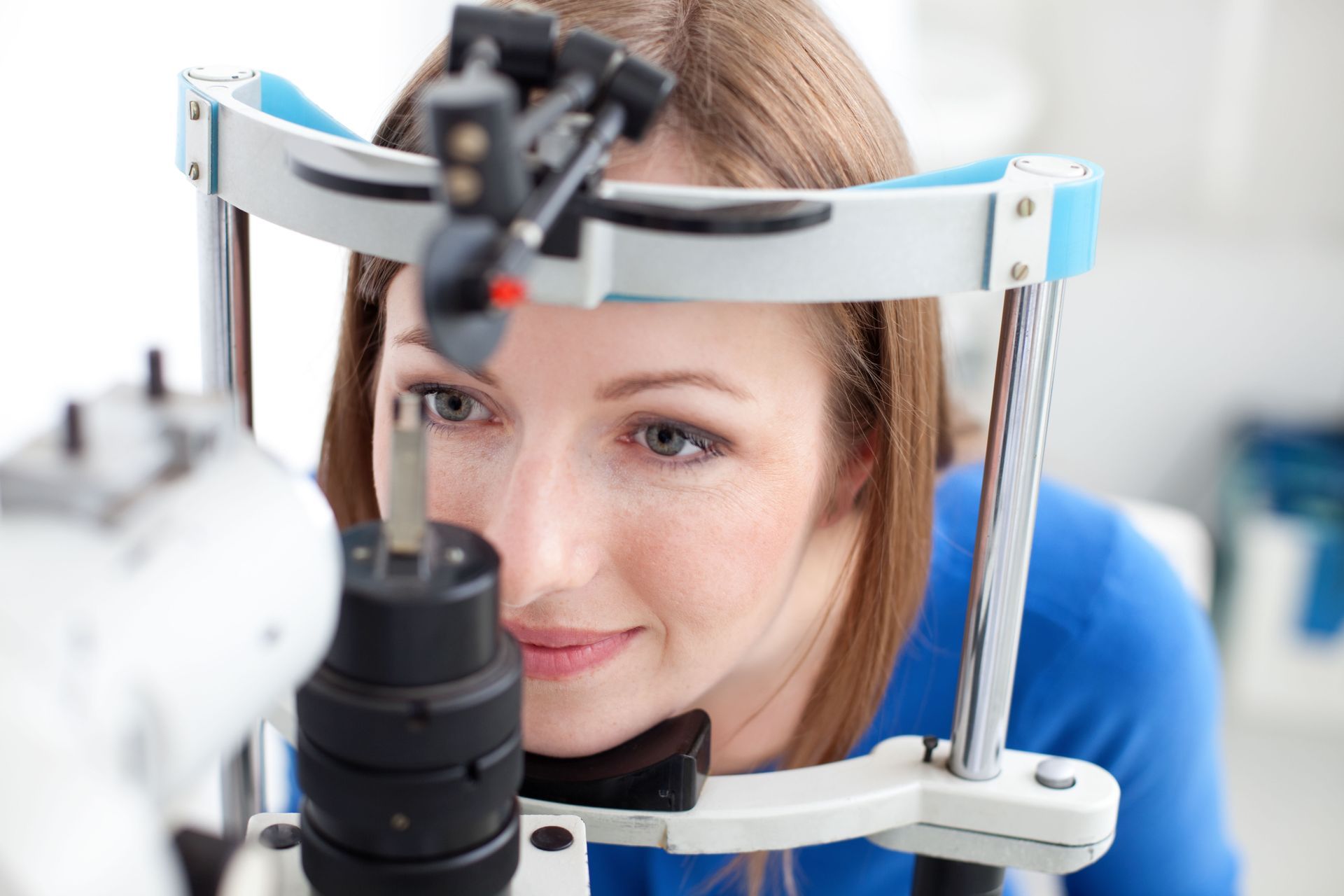3 Myths About Eyesight and Optometry
Many misconceptions surround the field of optometry, often causing unnecessary fear and misunderstanding about eye health. Misguided beliefs can prevent individuals from seeking proper care or adopting habits that protect their vision. With screens dominating our daily lives—whether for work, entertainment, or staying connected—the strain on our eyes has become a daily challenge. Understanding the truth about eye health is more important than ever to ensure long-term vision care. In this post, we’ll debunk some common myths and highlight the significance of regular eye care, as advised by eye doctors.
Myth #1: Wearing Glasses or Contact Lenses Weakens Your Eyes
This longstanding myth has caused many people to delay or avoid correcting their vision, fearing that their eyes might become dependent on eyewear. However, this belief is entirely false. Glasses and contact lenses are designed to help your eyes focus properly, improving clarity and reducing strain. Corrective lenses adjust the focal point of light entering your eyes so it aligns with the retina, enabling you to see clearly. Eye doctors emphasize that wearing glasses or contacts does not worsen your vision or accelerate any existing conditions. Instead, they provide the support your eyes need to function optimally, improving your quality of life.
Myth #2: You Only Need an Eye Exam If You Have Vision Problems
Another common misconception is that eye exams are unnecessary unless you notice a decline in vision. In reality, many eye conditions develop silently without obvious symptoms. According to the American Academy of Ophthalmology, a comprehensive eye exam is recommended at age 40, even for those with no history of vision problems. This proactive approach can identify early signs of conditions such as glaucoma, cataracts, or macular degeneration—issues that may not present noticeable symptoms until significant damage has occurred. Regular eye exams also allow your doctor to track changes in your eye health over time, providing critical insights into your overall well-being.
Myth #3: Reading in Dim Light Damages Your Eyes
Many of us have heard that reading in low light can harm our eyes, but this is not true. While poor lighting can cause temporary discomfort, such as eye strain or headaches, it does not cause permanent damage. The strain typically resolves with rest, and your eyes return to their normal state. For better comfort, it’s wise to ensure adequate lighting when reading, but rest assured, your vision won’t suffer long-term harm from dim conditions.
Understanding the realities of eye health is vital for preserving good vision throughout your life. Dispelling myths like these encourages people to seek regular eye exams and pursue proper treatments without unnecessary hesitation. If you're due for an eye exam or have concerns about your vision, don’t wait—contact Jeffries Eye Care today to schedule an appointment!
VISIT US
HOURS
HOURS
CONTACT US
- Main: (770) 450-1986
- Alternate: (770) 252-1999
Se Habla Español

